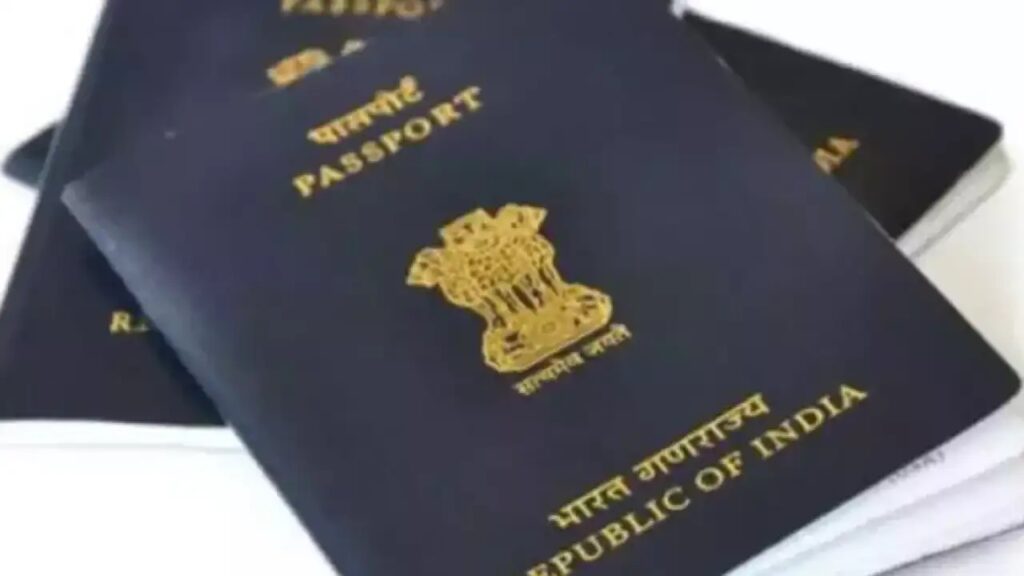
Researching how to obtain apostilles for passport copies to authenticate them for dual citizenship applications can be a complex process. Here are the top 10 tips to help you navigate this process effectively:
- Verify If an Apostille is Required
- Confirm whether the destination country is a member of the Hague Apostille Convention. If it is, an apostille is sufficient to authenticate your passport copy. If not, the document may require consular legalization instead.
- Check the specific requirements with the embassy or consulate of the country where you’re applying for dual citizenship.
- Confirm Acceptability of Passport Copies
- Some countries accept apostilled copies of a passport, while others may require the original document to be authenticated. Verify with the authorities if notarized passport copies are acceptable for dual citizenship applications.
- Notarize the Passport Copy First
- In most cases, the passport copy must first be notarized before it can be apostilled. A public notary confirms that the copy is a true and accurate representation of the original document.
- Ensure the notary is authorized to handle documents intended for international use.
- Locate the Appropriate Apostille Issuing Authority
- Identify the correct government office responsible for issuing apostilles in your country. For instance:
- In the United States, apostilles are issued by the Secretary of State for the state where the notary is commissioned.
- In other countries, it may be the Ministry of Foreign Affairs or another central authority.
- Understand Translation Requirements
- If the destination country requires documents in its official language, you may need to provide a certified translation of the apostilled passport copy.
- Determine whether the translation itself needs to be notarized and apostilled.
- Ensure Compliance with Application Deadlines
- Research the validity period of the apostilled passport copy for dual citizenship applications. Many countries require documents to have been issued or apostilled within a certain timeframe, such as 6 months.
- Plan your application timeline accordingly to avoid delays.
- Check for Additional Document Requirements
- Dual citizenship applications often involve multiple documents. Verify if the apostilled passport copy needs to be submitted alongside other authenticated documents, such as birth certificates, marriage certificates, or proof of ancestry.
- Understand Processing Times and Fees
- Research the typical processing time for obtaining an apostille. Some offices offer expedited services for an additional fee, which may be worth considering if you are on a tight deadline.
- Be aware of the costs involved, including notarization fees, apostille fees, and any courier charges if the documents need to be mailed.
- Consult Legal or Apostille Experts
- If you’re unfamiliar with the process, seek assistance from professionals such as apostille services, immigration attorneys, or dual citizenship consultants. They can help ensure that your passport copy and other documents are correctly prepared and authenticated.
- Keep Copies of All Documents
- Once your passport copy has been apostilled, make multiple photocopies of the apostilled document for your records. Store the original in a safe place, as you may need it for future applications or renewals.
Bonus Tips:
- Research Country-Specific Requirements: Some countries have unique rules for passport authentication. For instance, they may require the apostille to be affixed in a specific format or issued by a particular authority.
- Stay Organized: Maintain a checklist of the documents you need and their authentication status to avoid missing any critical steps in your dual citizenship application.
By following these tips, you’ll be well-prepared to obtain an apostille for your passport copy, ensuring a smoother process for your dual citizenship application.
Top 10 Uses for A Birth Certificate Apostille for Obtaining Inheritance or Property Abroad.
A birth certificate apostille is often required when dealing with inheritance or property matters abroad. It ensures that your birth certificate is legally recognized in the foreign country where the property or inheritance is located. Here are the top 10 uses for a birth certificate apostille in this context:
- Proof of Identity
- A birth certificate apostille serves as an internationally recognized proof of identity, establishing your name, date of birth, and place of birth for legal inheritance or property claims.
- Verification of Family Relationships
- When claiming inheritance or property as a family member, an apostilled birth certificate verifies your relationship with the deceased or property owner (e.g., as a child, sibling, or relative).
- Establishing Rightful Heirship
- Some countries require an apostilled birth certificate to confirm your status as a legitimate heir to the deceased’s estate or property.
- Compliance with Foreign Legal Requirements
- Many countries mandate an apostille for legal documents, such as birth certificates, to comply with local laws governing the transfer of property or inheritance to foreign beneficiaries.
- Eligibility for Estate Settlement
- Executors or estate administrators may require an apostilled birth certificate as part of the documentation needed to distribute assets or settle the estate.
- Filing Probate Applications
- When filing for probate in a foreign country, an apostilled birth certificate is often required to prove your identity and legal connection to the deceased.
- Supporting Dual Citizenship Claims
- If dual citizenship is a prerequisite for inheriting property in some countries, an apostilled birth certificate can help establish your eligibility for citizenship based on ancestry or lineage.
- Facilitating Property Transfers
- An apostilled birth certificate may be necessary to transfer the ownership of property, ensuring that your identity and claim to the property are legally recognized in the foreign jurisdiction.
- Obtaining Tax Clearance for Inherited Property
- Some countries require an apostilled birth certificate as part of the tax clearance process to ensure the legal transfer of inheritance or property without tax liabilities.
- Resolving Disputes in Inheritance Claims
- In cases of contested inheritance, an apostilled birth certificate can serve as crucial evidence to substantiate your claim and resolve legal disputes in foreign courts.
Additional Considerations:
- Translation Requirements: If the foreign country uses a different language, the birth certificate and its apostille may need to be translated by a certified translator.
- Document Validity: Some countries require that apostilled documents, including birth certificates, be issued within a specific timeframe, such as 6 months prior to submission.
- Additional Documents: Other documents, such as marriage certificates or death certificates, may also require apostilles to support your claim.
By obtaining a birth certificate apostille, you ensure that your identity and claim are legally recognized abroad, making it easier to navigate inheritance and property matters in foreign jurisdictions.




